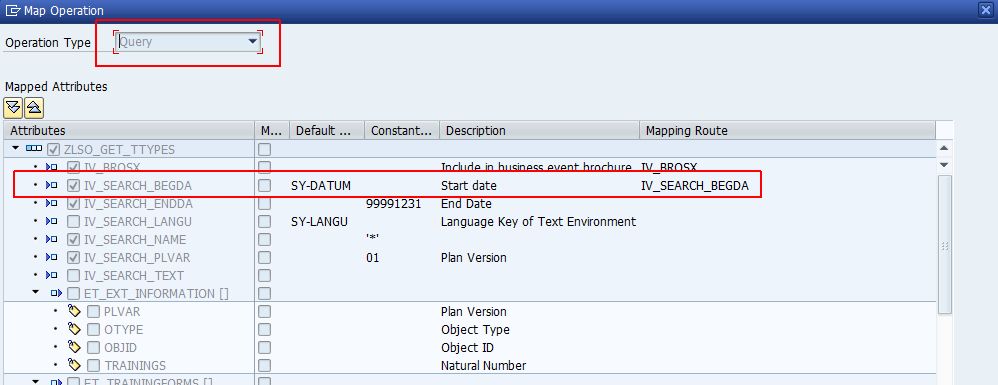SharePoint Business Connectivity Services plus SharePoint Enterprise Search and/or SharePoint FAST is a powerful combination. With them you can unlock selective data from external repositories and bring into SharePoint context to realize search-driven applications. The external data is retrieved at Search Crawl time, and administrated in the search index file.
The SharePoint Indexing Engine first invokes the Finder method of the external content type(s) that is tagged as ‘RootFinder’ in the BDC Metadata Model. And second per returned entity the SpecificFinder to retrieve more details. If all required entity details are already returned by the Finder method, the latter can be skipped for better crawl performance and throughput.
Via the Finder method thus the set of relevant entities of external content type is retrieved. The decision what is relevant is made from perspective of the external repository upon the moment of invoking the Finder/ReadList method. A typical filter here is that of current datetime: only return active external entities.
Current datetime is a dynamic value to be determined at Finder invocation time. A consequence is that this filter value cannot be a priori included in the BDC model. This leaves 3 options: derive and specify the dynamic value from either the context of the BCS::Finder consumer, from within the BCS::Finder provider as integration layer, or from the data access operation (web service, ADO.NET or custom connector) within the external repository.
BCS::Finder consumer context
In content crawling context the SharePoint Indexing Engine is the consumer. It is not possible the augment its the standard behaviour of invoking the Finder method.BCS::Finder provider context
This option requires that the Finder execution invoke the associated access point of the external repository with DateTime.Now as filter parameter. This option is not supported for BCS no-code solutions, but requires the utilization of a custom BCS .Net Assembly Connector. If already a custom .Net Connector is used for retrieving data from the external repository, it is probably a minor change to extend it with this dynamic derived filter value. But if not, introducing the usage of a dedicated BCS .Net connector merely to filter on the current DateTime is somewhat of an overweighted solution approach.DataAccess operation within external repository context
So that leaves as only option to apply the current datetime filter value within the interoperability point of the external repository. For example in Duet Enterprise scenarios to unlock SAP data to SharePoint: The invoked Query operation of the Gateway webservice must then self apply the system datetime. SAP NetWeaver supports this via the concept of default value for input parameters.Sadly it is not possible to specify this at the level of the Gateway Data Model, so it must be specified in the invoked ABAP Function Module (RFC).

Note: avoid specifying application-specific default value in the RFC. Systemtime satisfies this guideline, but a concrete default value for DateTime input parameter typically does not.
See also MSDN forum thread on this subject: Invoke BCS::ReadList operation with 'today' as default value for datetime input parameter.

No comments:
Post a Comment